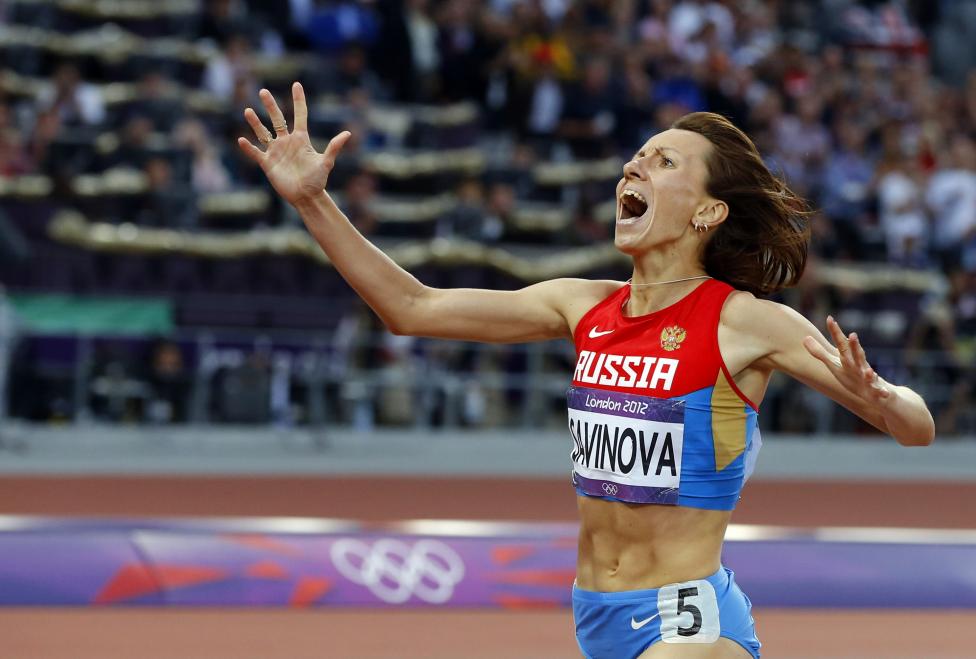An updated set of guidelines has been submitted to the Russian Athletics Federation (RUSaF) for those athletes wishing to apply to compete internationally in 2017.
The guidelines, submitted in English and Russian, outline the criteria that athletes must meet to be able to apply for permission to compete in international competitions as a neutral athlete. Russia remains suspended as a member of the IAAF until such time as it has complied with the verification criteria set by the IAAF Council in 2015 and no athlete may compete for Russia in the interim.
One of the criteria requires athletes to show they are not directly implicated in any way (knowingly or unknowingly) by their national federation’s failure to put in place adequate systems to protect and promote clean athletes. The IAAF has been forwarded around 200 names of Russian athletes by the McLaren investigation team and it will assess the evidence and intelligence from the McLaren report and elsewhere in respect of any athlete who applies for neutral athlete status under the guidelines.
Other criteria include:
- Whether any coach, doctor or other support person with whom the applicant has worked has ever been implicated in the commission of any anti-doping rule violation(s). ??
- During the Relevant Period, how many samples (urine, blood and/or Athlete Biological Passport samples) have been collected from the applicant?
- Were there any times during the Relevant Period when the applicant was not subject to testing by the IAAF or any other national or international WADA-recognised Testing Authority?
- Where the applicant has provided samples for the purposes of drug-testing during the Relevant Period, have there been any atypical findings or concerns about the applicant’s ABP profile, requiring further investigation?
- Whether any samples previously provided by the applicant are currently in storage and/or subject to re-testing.
So far as the testing requirements are concerned, the guidelines clarify that athletes do not necessarily need to have been tested outside of Russia but do stipulate that they must have been part of a recognised, independent and fully WADA Code-compliant drug-testing programme for a sufficiently long period to provide substantial objective assurance of integrity. This could include athletes in the IAAF International Registered Testing Pool (IRTP) who have been tested by the IAAF and/or by other independent testing agencies under satisfactory conditions for an acceptable period.
During 2016, the IAAF added some 30 Russian athletes in the IRTP bringing the total to 50 Russians who were tested by the IAAF or other independent agencies in Russia and whose urine samples were analysed outside of Russia. The number of Russian athletes in the IRTP will increase to over 60 from 1 January 2017.
“Russian athletes have been let down by a system that should have protected them and celebrated achievements not one that created doubt and expulsion from competition,” said IAAF President Sebastian Coe.
“We continue to find ways to create parallel and credible systems of independent testing of Russian athletes so they have alternative avenues to get back in to competition whilst we continue to work with RusAF on reinstatement. We have agreed to add another 12 athletes to the IRTP from this month,” added Coe.
Being part of the IRTP and/or tested by other independent testing agencies under satisfactory conditions for an acceptable period does not mean that athletes will automatically be considered eligible to compete in 2017. There are other factors that will be considered by the Doping Review Board (DRB).
Applications made under the guidelines will be reviewed by the DRB and athletes granted neutral athlete status by the DRB will be eligible to compete in international competitions as stipulated by the DRB. Invitations to eligible athletes to compete in one-day meetings remain at the discretion of individual meeting organisers.
– Download the English version (PDF)
– Download the Russian version (PDF)
IAAF



Comments are closed.